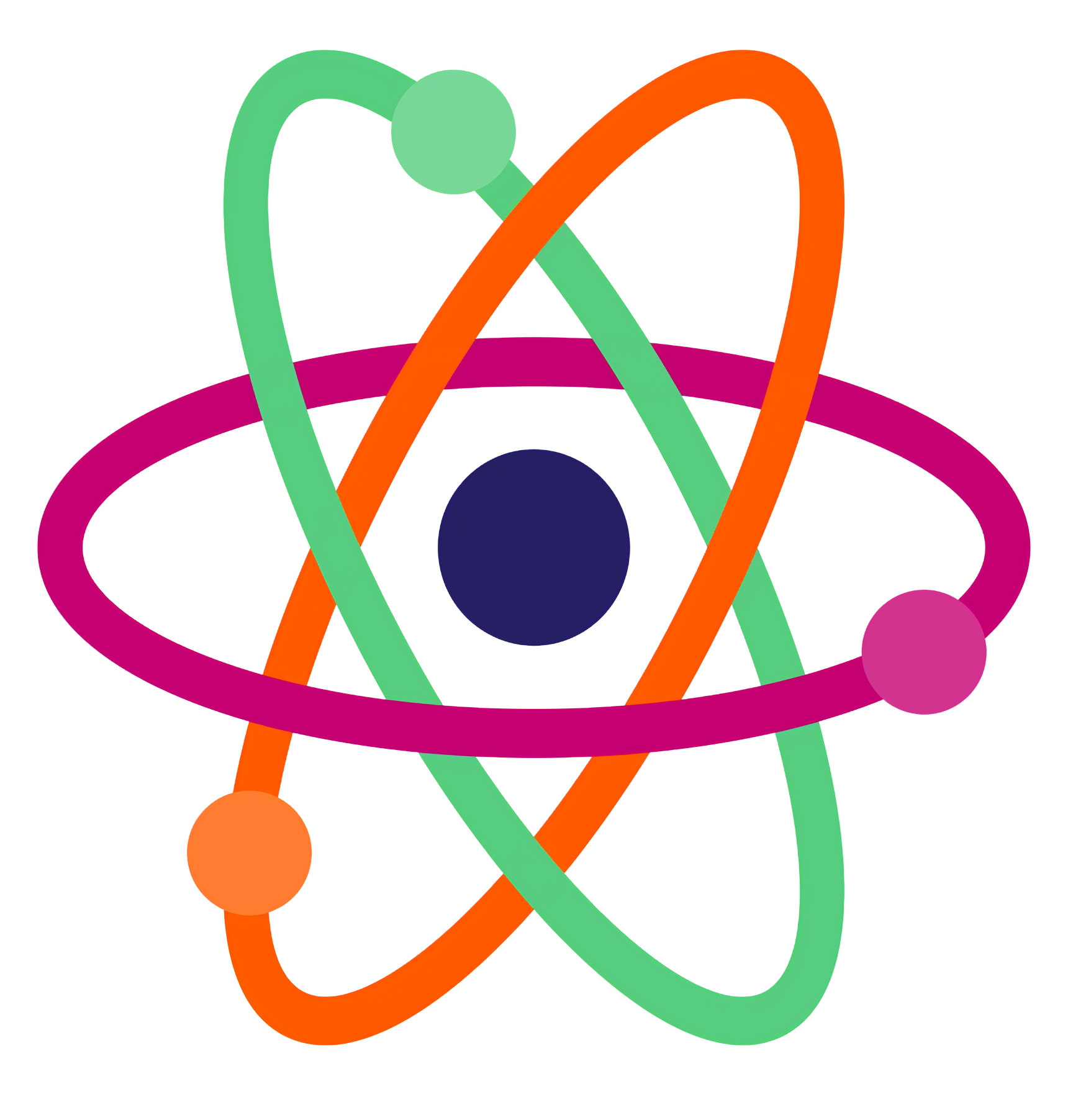The learning goals for Grade 7 students in India are based on the curriculum prescribed by various educational boards like CBSE, ICSE, and state boards. These goals aim to provide a balanced education, emphasizing both academic development and personal growth. Here’s a detailed overview of the common learning goals for Grade 7 students in India:
These learning goals align with the holistic development approach adopted in Indian education, aiming to balance academic rigor with personal growth, critical thinking, and the development of life skills necessary for future success.
